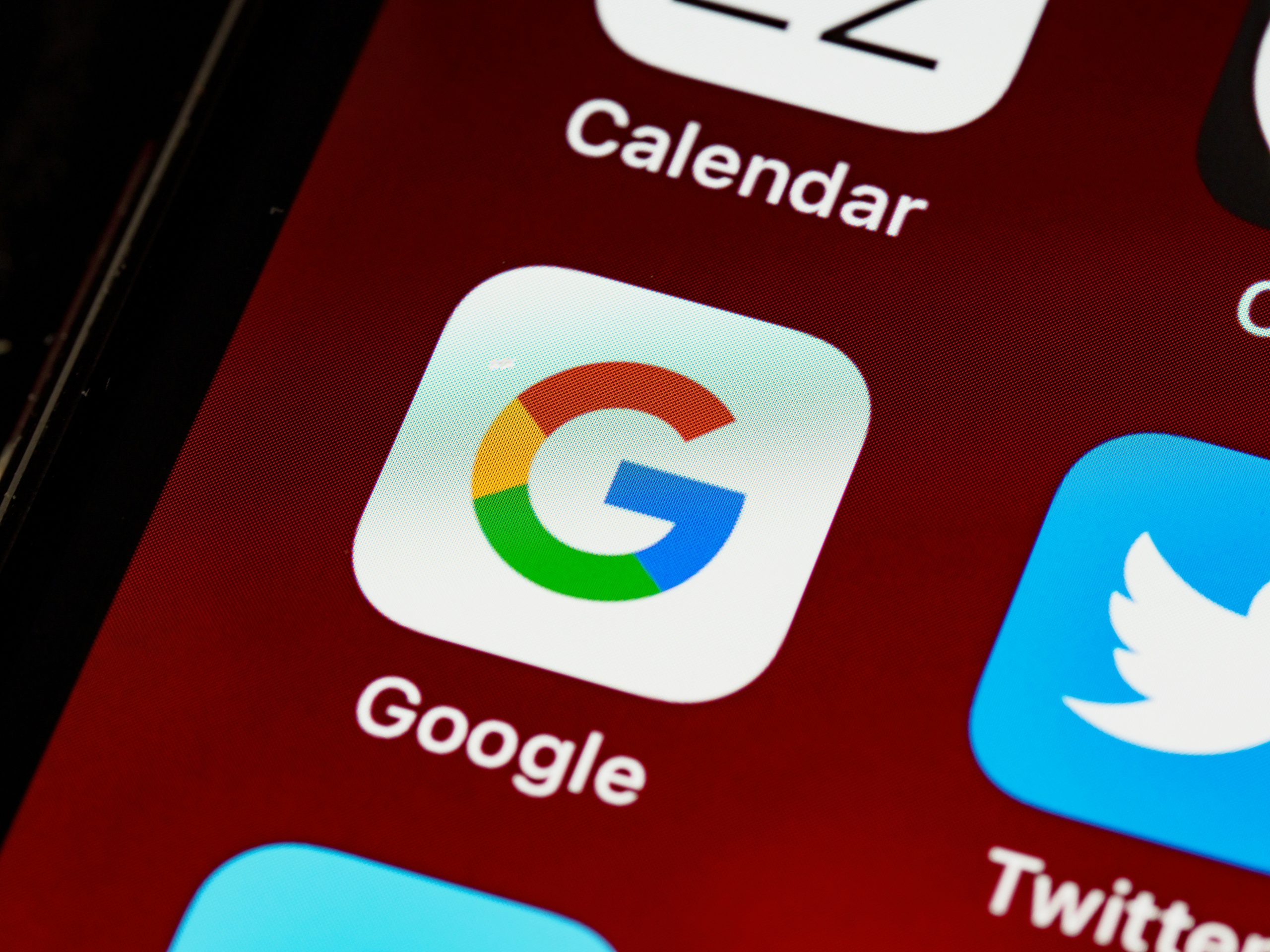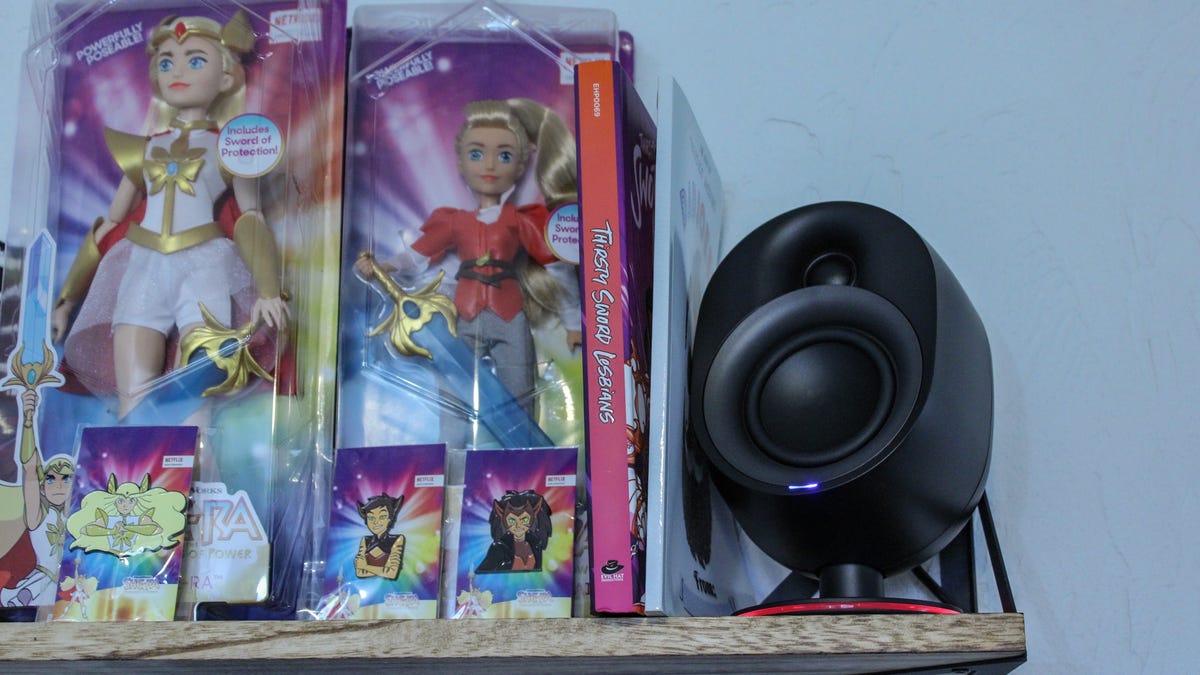Microsoft’s Hot Patching: A Game Changer for Windows Updates?
Windows updates, while notorious for causing long black screens, may not continue to do so for much longer.
Windows updates may soon not need a reboot anymore.

Microsoft Windows updates are notorious for requiring lengthy black screens to function – but perhaps not for much longer. Software updates are part and parcel of owning a PC, but Windows updates are well-known for taking a while, thanks to the long reboot times required to trigger the updates. This will happen at least once a month for Windows machines, bringing necessary security and aesthetic updates to its users.
However, according to reporting from Windows Central on Friday, February 23, a change might be on the way. Microsoft is testing a new method dubbed ‘hot patching’ for Windows 11 PCs, following testing on some Windows Server editions.
What is Windows’ hot patching?
Hot patching refers to a form of rebootless updating, conducted on PCs using Virtualization Based Security. According to Microsoft’s internal wording, hot patching “[patches] the in-memory code of running processes without the need to restart the process.”
Such a feature could mean that Microsoft’s monthly software updates could soon come without the need to restart to see the changes take place. However, this doesn’t mean you can never reboot, with Windows Central’s Zac Bowden stating that a reboot would still likely be necessary at least every few months or for significant updates.
This could potentially reduce the number of forced reboots, which can often interrupt valuable gaming or work time, from 12 to just four per year. Hot patching has the potential to be a game changer for the Windows user experience, as current updates always seem to come about at the worst possible moment.
Hot patching could be available for broader use later this year, perhaps in line with the release of Windows 11 version 24H2 on x86-64 machines. The rollout of hot patching to ARM64 devices is expected in 2025. It’s not yet confirmed if hot patching will be available to all Windows 11 users or if it will be reserved for specific geographical regions or commercial users, such as Enterprise, Education, and Windows 365.

The Future of Windows Updates?
Microsoft’s hot patching feature definitely sounds promising, but what impact could it have on the future of Windows updates? Let’s delve into a Q&A to address some additional topics that readers might find interesting or have concerns about.
Q: Will hot patching completely eliminate the need for reboots? A: While hot patching aims to allow updates without the need for reboots, it’s likely that some updates will still require a restart. However, the frequency of forced reboots is expected to decrease significantly.
Q: Will gaming and work performance be affected by hot patching? A: Hot patching is designed to minimize interruptions to gaming and work time, as it eliminates the need for lengthy and unexpected reboots. This should result in improved performance and a smoother user experience.
Q: Which Windows 11 users will have access to hot patching? A: The availability of hot patching for Windows 11 users is still uncertain. It is possible that Microsoft may reserve hot patching for specific user groups, such as Enterprise, Education, or Windows 365. Further details will likely be revealed in the future.
Q: Are there any potential drawbacks to hot patching? A: While hot patching offers many benefits, there may be potential risks associated with updating in-memory code without a restart. Microsoft will need to ensure that this method is thoroughly tested and secure to mitigate any potential risks.
Overall, hot patching has the potential to revolutionize the Windows update experience, providing users with a more seamless and uninterrupted process. As technology continues to advance, we can expect more innovative solutions like hot patching to enhance our computing experiences.
Links for Further Reading:
- Cooking up a Storm: The Rise of the Internet’s Grandma Lynn Yamada Davis
- The 10 Biggest AI Companies in the World in 2023
- Six Things to Do Right Away to Finish Setting Up Windows 11
- Jams: A New Way to Revitalize and Enhance Internal Bug Reporting
- Microsoft Expands EU Data Localization Efforts to Cover System Logs
We hope you found this article insightful and entertaining! If you enjoyed it, feel free to share it on your favorite social media platforms. Let us know your thoughts and any other questions you may have in the comments below.
Article written by Rachael Davis, a freelance journalist with a passion for tech and entertainment.






